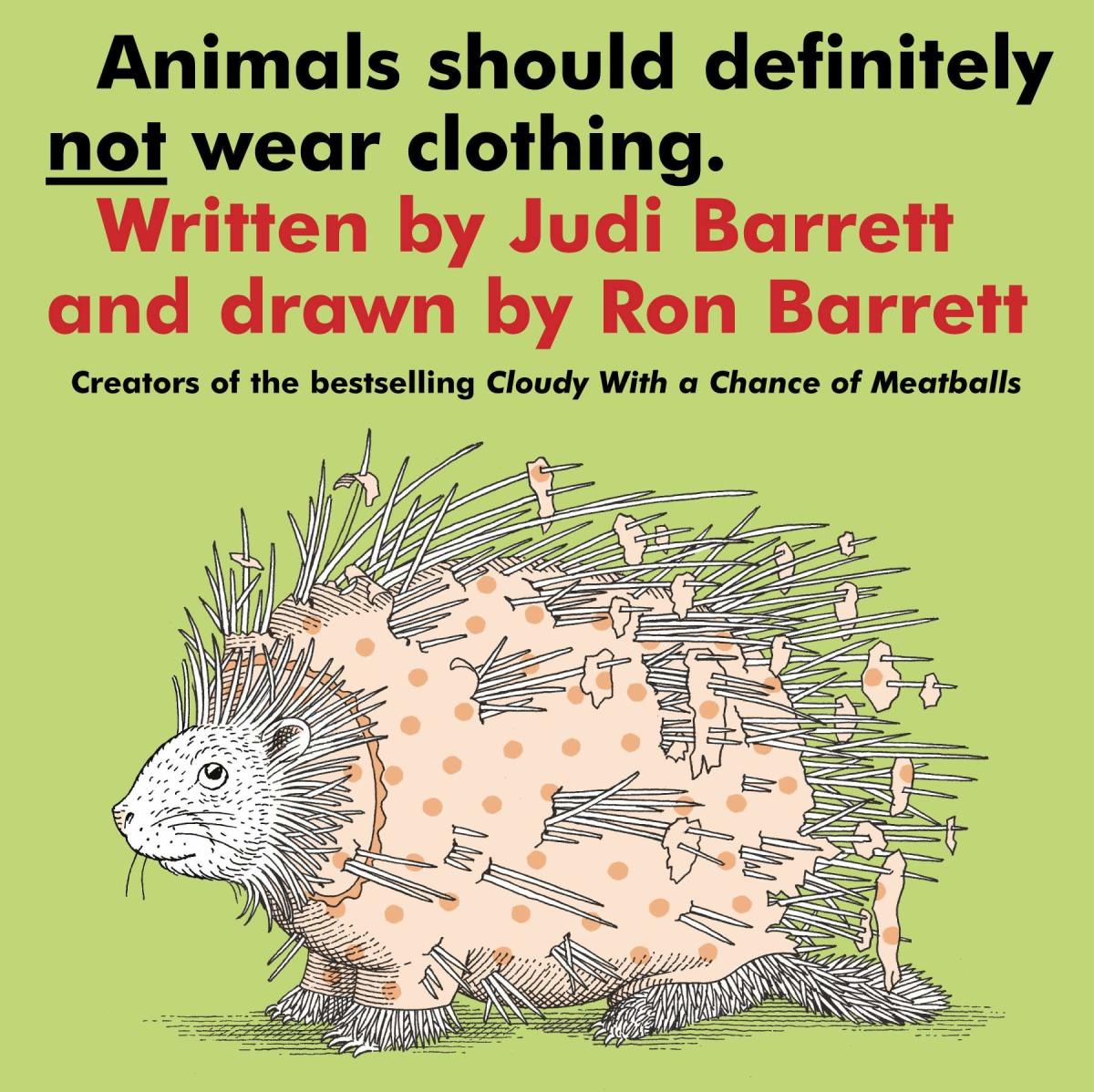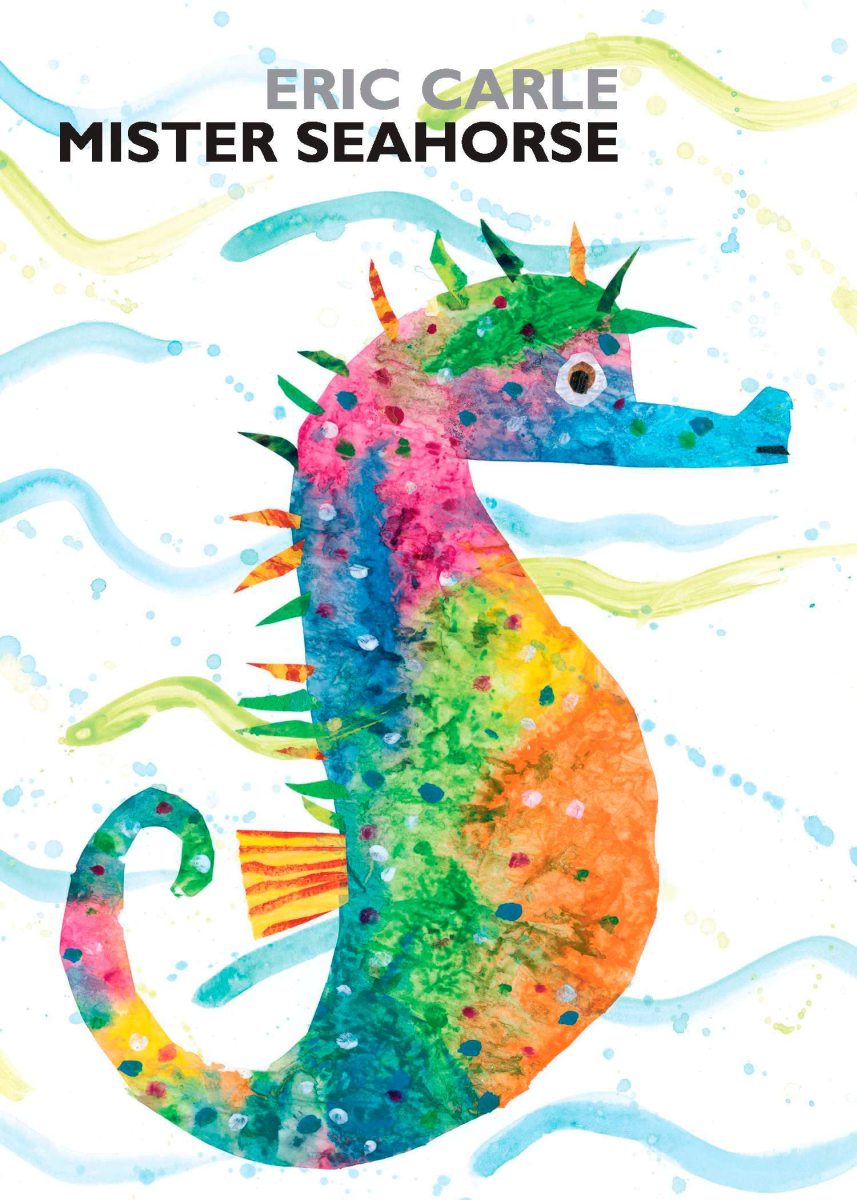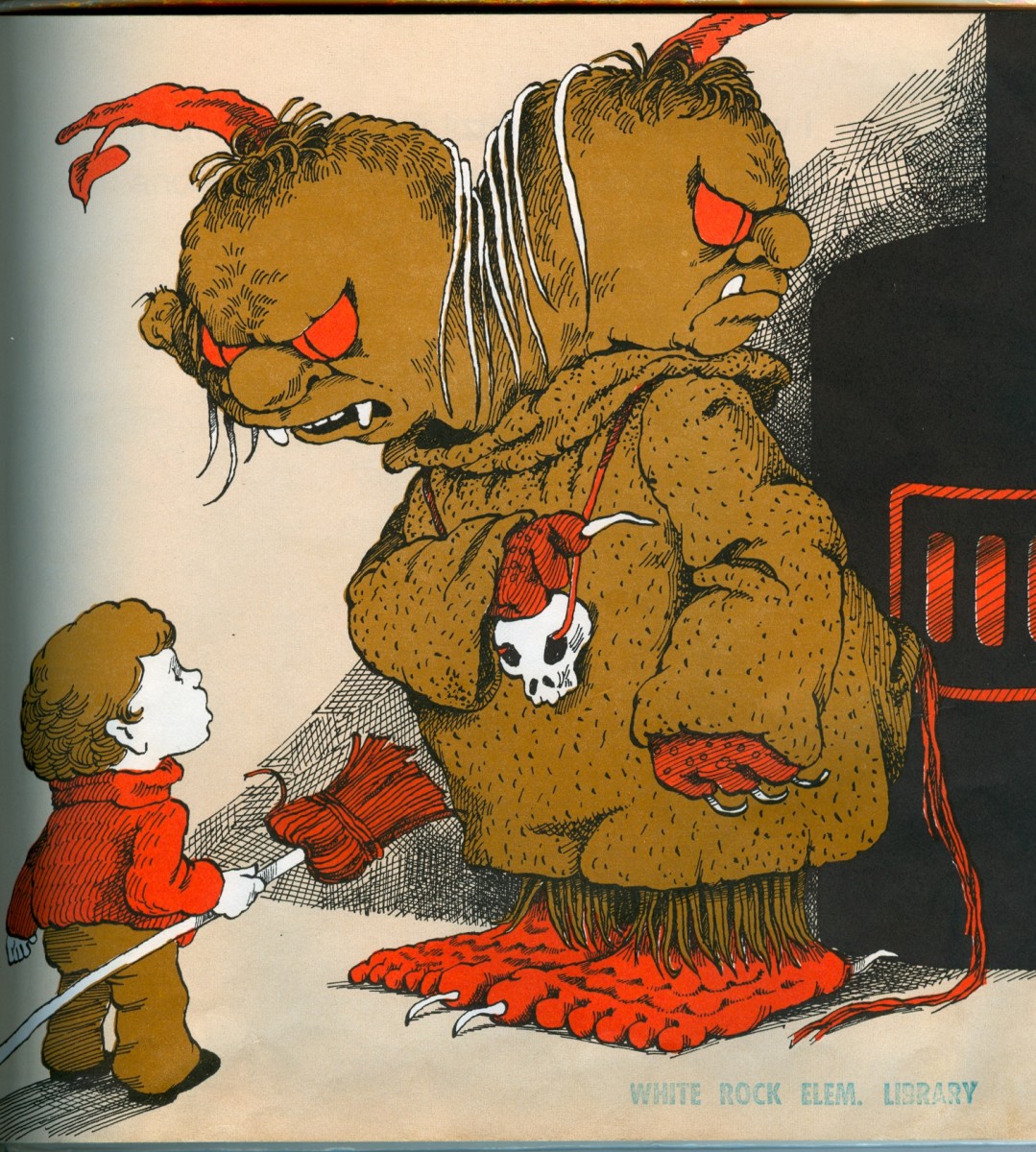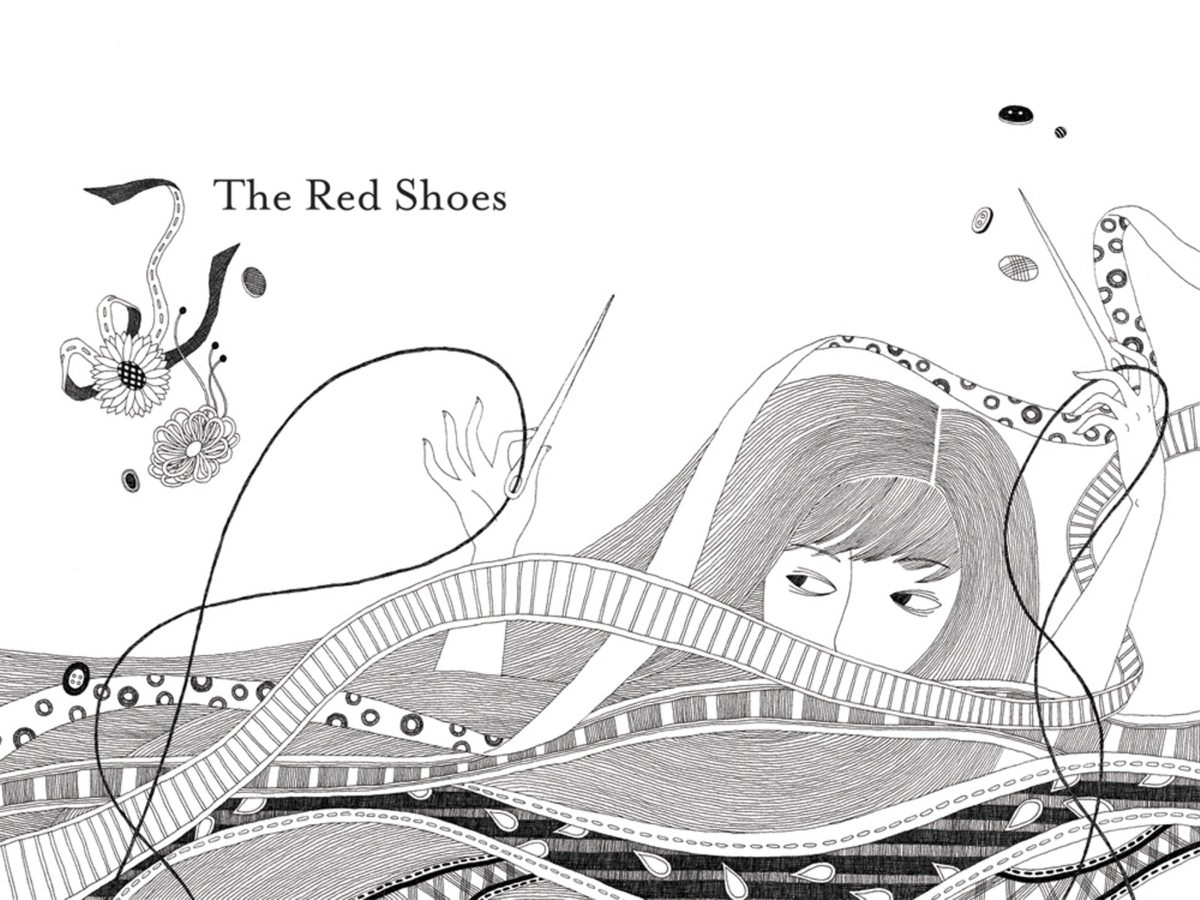Veronica on Petunia's Farm by Roger Duvoisin: A Book About Bullying
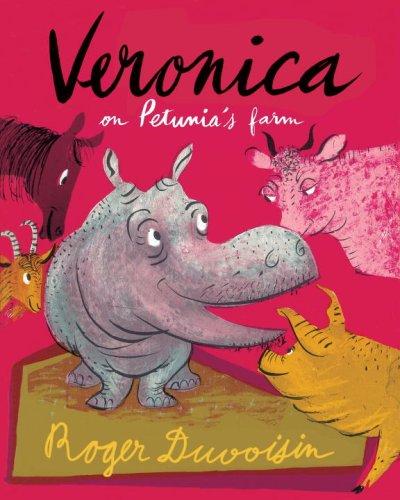
Veronica on Petunia's Farm: A Vintage Book About Bullying
This story paints a clear picture of an incident of bullying, where an outsider is ignored and ostracized. But the story resolves with forgiveness and friendship.
Veronica on Petunia's Farm is not your typical children's book. Written by Swiss-born author and illustrator Roger Duvoisin and published in the 1950s, this book features a barn-yard full of farm animals, including the cute goose, Petunia, a main character in another of this award-winning author's published stories. But even though this book features farm animals, a barn-yard, and a swath of fluidly painted animals and backgrounds in barn red, this book is not just another farm tale.
First of all, the main character is Veronica, a hippopotamus. And beyond that, she experiences the most coarse and crude behavior from the other farm animals. Starting out in a new place, she is looking forward to making friends in her new home, and fully expects that this will be the case. But instead, the animals shun her, label her, call her "It," and then completely ignore Veronica. At first, Veronica dismisses this behavior as "farm manners," but when she realizes no one will be her friend, she falls into a depression. The farm animals' behavior is more a mob mentality than anything resembling manners, and the results are dire.
One day, the other animals realize Veronica has disappeared into the barn, where she has become very, very, ill. "Do you think It will die?" the animals wonder out loud. And then, one by one, a transformation occurs, and each of the animals initiate individual contact with Veronica, and even try to help nurse her back to health by sharing their food. Eventually Veronica finds acceptance and makes a home on the farm. The animals no longer mind that Veronica makes the pond muddy or that she flattens the grass. They accept her differences, and because she is now one of the animals on farmer Pumpkin's farm, they don't mind so much.
This story has a clear moral: the way we treat others, even those who don't seem anything like us, makes a difference. And we shouldn't decide how we are going to treat someone just because everyone else in the group is doing things a certain way. But maybe an even more important lesson can be learned from this story. Sometimes when things go very, very, wrong among people (erm, animals), changes can be made, forgiveness offered, and friendship can begin.
In Veronica on Petunia's farm Duvoisin depicts bad behavior gone amok. In fact, I find the cruel group behavior of the farm animals a bit unsettling. It is enough to make any adult squirm. But some 50 years after this book was first published, it is more relevant than ever. In almost every city, bullies make front page news. This book shows in a very clear way how a group of cruelly-behaved animals can affect the victims of this ill-mannered behavior.
The illustrations in red and black are colors used to connote warning and danger, death, and pain. This book is not a lighthearted romp like most modern children's stories, but rather a cautionary tale in the attitude, if not the form, of medieval fairy tales. This story has a dark side and a moral message, in some ways not unlike Hans Christian Andersen's stories.
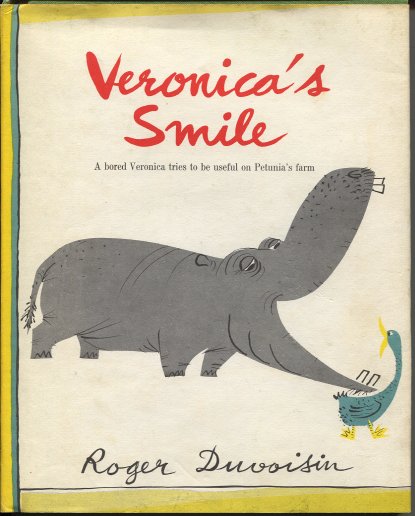
Other Roger Duvoisin Books
- Petunia
- Petunia's Treasure
- Petunia's Christmas
- White Snow, Bright Snow
- Veronica
- Lonely Veronica
- Veronica's Smile
- Petunia, I Love You
- Mr. and Mr. Button's Wonderful Watchdogs
- Crocodile In the Tree
- The World In the Candy Egg
- Autumn Harvest
© 2011 Carolyn Augustine


